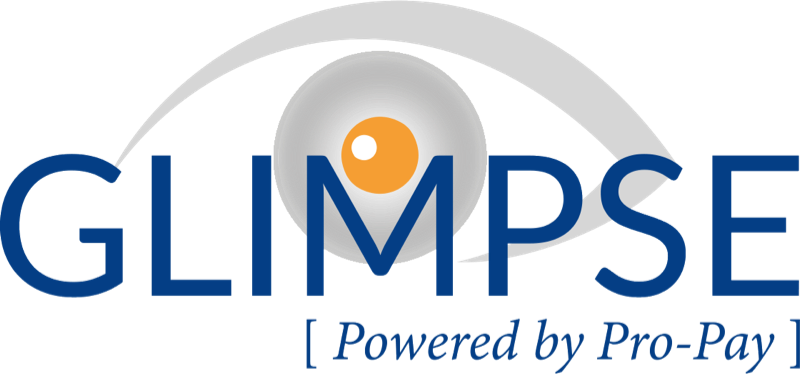Tax shift for employers and employees
As from 2016, a tax shift will be implemented in Belgium. Labour costs are set to decrease while consumption will be more heavily taxed. The key changes include lower employers' social security contributions, higher social security reductions for new employers, tax rate cuts for employees,…
With Belgium having to contend with wage costs that are higher than those of its neighbouring countries, the Michel I government has decided to implement a tax shift in order to remove the competitive disadvantage.
The aim is to cut labour costs in order to encourage employers to recruit more staff.
The lower wage costs are offset by an increase in VAT on electricity to reach 21%, higher excise duties for tobacco, alcohol, diesel and soft drinks, an increase in the withholding tax from 25% to 27%,…
Employers' contributions cuts
The rate of social security contributions an employer pays in respect of an employee's wage is currently 33% on average. This is to be reduced to 25% under the tax shift scheme.
This reduction is currently already partly being realized via the "structural reduction" system, which is due to be reformed in the future.
Higher social security reductions for new employers
A fixed, time-limited reduction in employers' contributions is already allowed in the case of hiring a first employee.
A "new" more extensive reduction is being introduced for a first hiring during the 1 January 2016-31 December 2020 period in the form of almost full exemption from employer's social security contributions. This concession applies during the entire period of employment, hence for an indefinite period of time.
Furthermore, an increase of the fixed, time-limited reductions in labour costs is planned for the second to the sixth hiring.
Employers already enjoying a reduction for new hires prior to 2016 may also apply the new reduction amounts for employees recruited in 2015 but only for the remaining number of quarters they were still entitled to prior to 1 January 2016.
Tax measures
Belgium's progressive personal income tax rate system entails that the more employees earn the more tax they pay. For this purpose, their wages are divided into brackets taxed according to a progressive rate (25%, 30%, 40%, 45% and 50%).
The government has decided on a gradual abolition of the 30% tax bracket in 2016 and 2017 through its integration in the 25% tax bracket and broadening the 40% tax by raising the ceiling to increase the lower threshold of the 45% tax bracket.
The changes to the tax brackets are accompanied by increases in fixed business expenses and the tax-free allowance.
Employees will have to pay less tax owing to all of these changes, which are also reflected in the withholding tax scales.
Do not hesitate to get in touch with your payroll administrator at Pro-Pay for further details.














